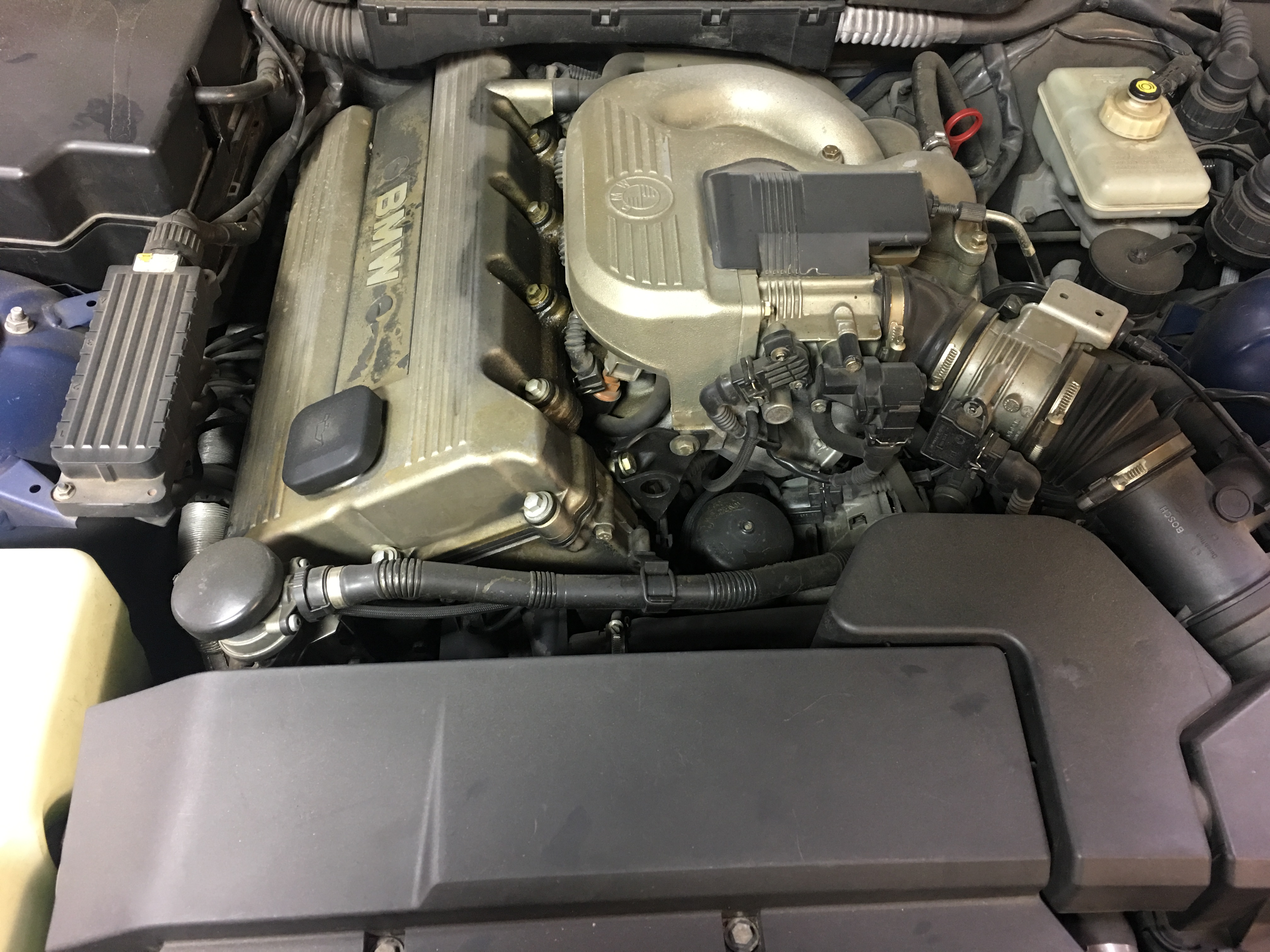The BMW 318ti: A Blend of Design, Comfort, and Performance
The BMW 318ti: A Blend of Design, Comfort, and Performance
Blog Article
Crucial Considerations for Choosing the very best Engine for Your Needs
In the realm of selecting the perfect engine to satisfy your requirements, a number of essential elements demand meticulous factor to consider to make certain optimal efficiency and performance. From the nuanced equilibrium between power and performance to the often-overlooked aspects of upkeep and solution needs, each aspect plays a crucial duty in establishing the most appropriate engine for your particular needs.
Power and Performance
When assessing engines for ideal efficiency, it is essential to focus on both power result and performance. Power outcome gauges the capacity of an engine to produce energy, which directly impacts its efficiency. A high power output is essential for requiring tasks such as high-speed demands or sturdy applications. It makes sure that the engine can take care of the workload successfully and effectively. Nevertheless, power alone is not adequate; efficiency plays a significant duty in figuring out the overall efficiency of an engine. Efficiency describes exactly how well the engine converts gas into useful power. A much more efficient engine will certainly deliver far better mileage, reduced discharges, and reduced operating prices. Striking the ideal balance in between power output and performance is essential to selecting an engine that satisfies your specific demands. When making this decision, it is crucial to think about factors such as the meant usage of the engine, environmental influence, and long-term expense implications. By very carefully evaluating both power and performance, you can choose an engine that provides optimum performance and fulfills your demands effectively.
Gas Efficiency and Economic Climate
Fuel efficiency refers to the engine's capacity to transform gas into energy with marginal waste, straight affecting operating expenses and environmental sustainability. Engines with greater fuel performance not just minimize fuel expenses yet likewise decrease carbon emissions, adding to a greener operation.

Compatibility and Application
Thinking about the gas effectiveness and economy of an engine, the following crucial aspect to address is its compatibility and application within certain operational contexts. Compatibility describes how well the engine integrates with the total system or equipment it powers. It entails factors such as physical measurements, mounting choices, electric interfaces, and control systems. Making sure compatibility is important to stop issues such as overheating, resonances, or power inequalities (bmw 318ti).
Different engines are developed for particular functions, whether it be industrial machinery, marine vessels, automobiles, or power generators. Recognizing the desired application permits for the option of an engine that can provide the necessary power output, torque, and operational characteristics.
Upkeep and Service Demands
Upkeep and solution requirements play a vital duty in guaranteeing the durability and optimum efficiency of an engine. Regular maintenance is necessary to prevent break downs, prolong the life expectancy of the engine, and keep its performance. When choosing an engine, it is necessary to think about the maker's advised upkeep schedule and the availability of service centers or qualified specialists.
Elements such as the frequency of oil modifications, filter substitutes, and general assessments can dramatically influence the engine's efficiency. Some engines might call for more regular servicing based on their design and usage, while others may have longer periods between upkeep checks. It is vital to abide by these solution needs to stay clear of expensive repair services and unforeseen downtime.

Cost and Spending Plan Factors To Consider
Budget restraints commonly play a considerable duty in the decision-making procedure when selecting an engine for a certain application. When taking into consideration more tips here the cost and spending plan effects of selecting an engine, it is vital to analyze not only the first purchase cost but likewise the long-term costs linked with maintenance, gas consumption, and prospective upgrades or fixings. It is important to strike an equilibrium between the ahead of time cost of the engine and its general lifecycle prices to guarantee that the picked engine remains economically lasting throughout its functional lifespan.
Aspects such as fuel dependability, sturdiness, and efficiency can straight impact the complete expense of ownership of an engine. While a much more expensive engine might have higher ahead of time expenses, it can potentially result in reduced maintenance and gas costs over time, hence using better worth in the long run.
Conclusion
Gas performance refers to the engine's capacity to transform fuel into power with marginal waste, directly affecting operating prices and ecological sustainability.Elements influencing gas performance include engine design, combustion effectiveness, and total efficiency optimization. more helpful hints Additionally, choosing the proper gas kind and quality as recommended by the engine producer can even more improve performance and lengthen engine life-span.
Engines with good serviceability functions and easily available parts can minimize maintenance expenses and lessen the time the engine is out of procedure - bmw 318ti. It is critical to strike an equilibrium in between the ahead of time price of the engine and its total lifecycle prices to ensure that the my response chosen engine remains financially sustainable throughout its operational lifespan
Report this page